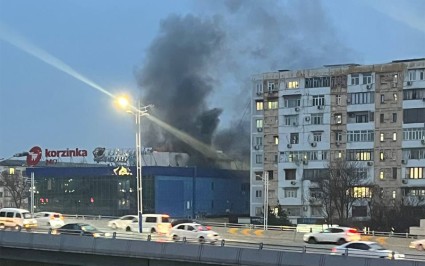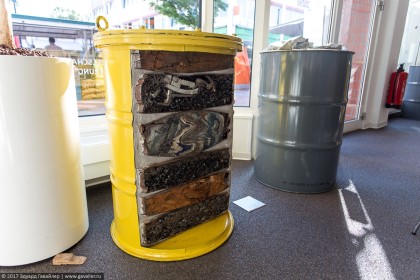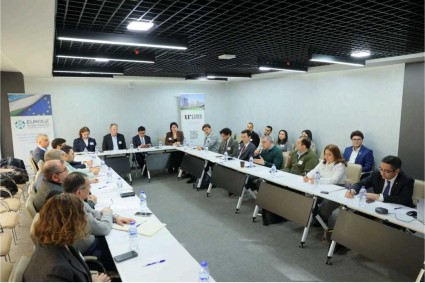The Safe Migration in Central Asia (SMICA) project, supported by USAID and implemented by Winrock International, successfully wrapped up its activities in Uzbekistan, marking notable accomplishments in the realm of safe migration and human trafficking prevention.
The regional Safe Migration in Central Asia (SMICA) project fostered safe migration practices for combating human trafficking, and promoted collaborative efforts with regional governments, non-governmental organizations (NGOs), and the private sector, which were pivotal in realizing its objectives.
David Hoffman, USAID Mission Director in Uzbekistan, expressed profound gratitude to all parties involved, including the Uzbek government, esteemed NGO partners, and dedicated individuals whose contributions played a crucial role in the project's success. He also remarked, “We fervently hope that the collaborative efforts we’ve undertaken will endure, ensuring a sustained impact on the well-being of individuals and communities in Uzbekistan.”
Key highlights of the project's outcomes in Uzbekistan include:
Regional Collaboration: Facilitation of partnerships between Uzbekistan and Central Asian states resulted in the adoption of the Bukhara Declaration on Combating Trafficking in Persons, strengthening cross-border efforts to combat human trafficking.
Policy Support: The project provided expert assessment of Uzbekistan's draft law on external labor migration, offering recommendations for its enhancement to ensure the protection of migrants' rights.
Survivor Support: Over 120 survivors of trafficking were repatriated to Uzbekistan and received essential rehabilitation services, while 135 individuals were empowered with support to initiate their own business ventures.
Community Outreach: Through comprehensive information campaigns, over two million individuals were educated on safe migration practices, with thousands benefiting from legal, psychological, and reintegration assistance.
Training Initiatives: Pre-departure training was delivered to thousands of labor migrants, and survivors/migrants received valuable entrepreneurship and skills development training. Furthermore, hoteliers and hotline operators underwent specialized training on combating trafficking.
Innovative Solutions: Pioneering initiatives such as info-kiosks at airports and Information and Consultation Centers in regions facilitated access to support services for migrants and survivors.
The project's success was possible because of the dedication and expertise of hotline operators, media professionals, and CTIP practitioners, all of whom received specialized training to enhance the project's impact.
These achievements underscore the lasting impact of collaborative efforts in promoting safe migration practices and combating human trafficking, contributing to the overall well-being of individuals and communities in Uzbekistan.













